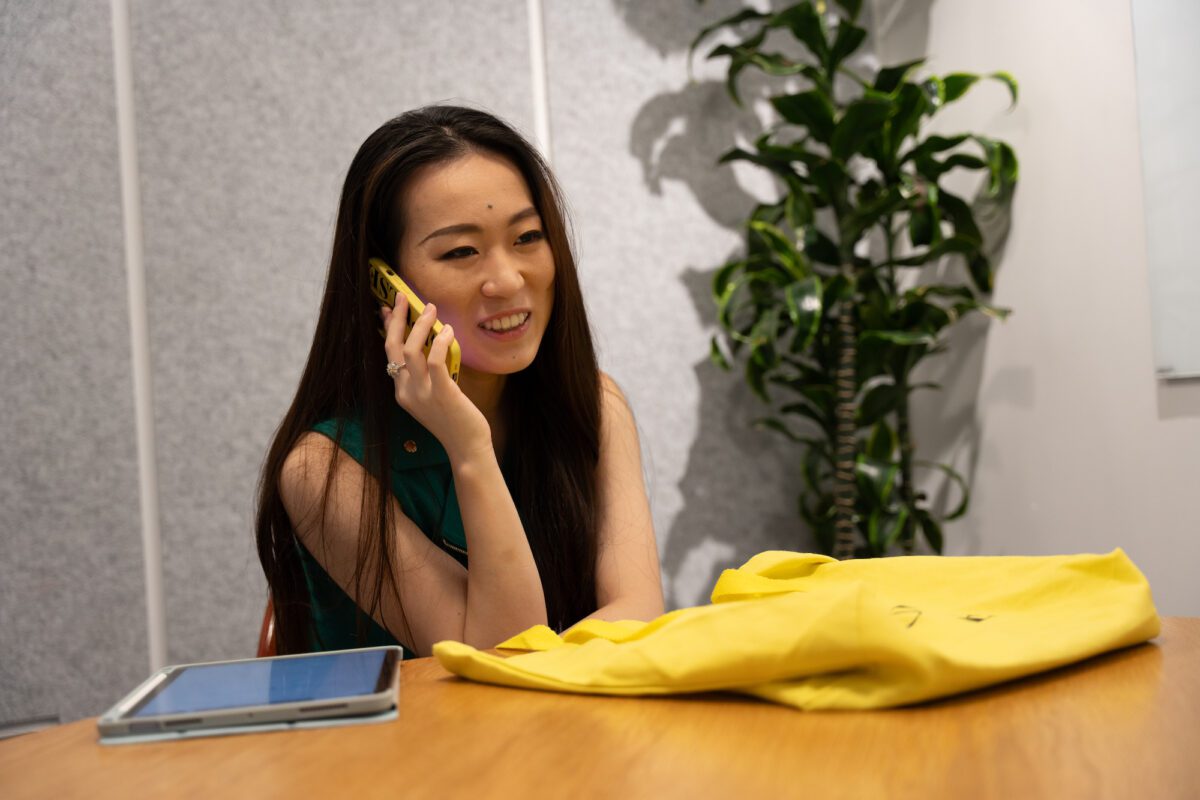In a landscape where immigrants’ stories are frequently overlooked, Xuezhu Jenny Wang is on a mission to amplify the voices of those who have been historically marginalized. As the founder of IMPULSE Magazine, an arts and culture publication, she seeks to provide a platform for underrepresented artists to candidly share the challenges they face, particularly regarding immigration and gender rights. With the upcoming presidential election in less than a month, her work has never been more timely and crucial. Recognizing that immigration policy is at the forefront of political discourse, she emphasizes the critical need to raise awareness about the documentation issues facing immigrant artists.
Wang’s journey into this work is rooted in her own experiences as an immigrant from China. Having navigated the complexities of the immigration system herself, she has a unique understanding of the emotional and legal challenges that many immigrant artists encounter. This firsthand experience informs her approach to storytelling, allowing her to connect deeply with the individuals whose stories she highlights.
During her time as the writer-in-residence for The Immigrant Artist Biennial 2023, Wang engaged extensively with fellow immigrants, conducting interviews that revealed their personal struggles with financial instability, abusive relationships, and underpayment for their work. Challenges such as these, compounded by the stringent demands of the O-1 visa application process, reveal a systemic issue that requires urgent attention and action.
Through IMPULSE Magazine, Wang has created a dedicated space for these stories to be told. The publication tackles pressing issues within the immigrant experience through the lens of art and culture, aiming to create a holistic understanding of the challenges faced by these individuals. With initiatives like the “Migration in Dialogue” conversation series, she explores topics such as border disputes and displacement, fostering nuanced dialogues about the complexities of the immigrant experience.
One notable contributor to the magazine is Atreya Mathur from the Center for Art Law, who has provided valuable insights on the O-1 visa process. By demystifying the intricacies of this visa application, Mathur helps immigrant artists navigate the often daunting requirements. Through a deeply personal and empathetic approach, Wang’s commitment to storytelling and advocacy extends to interviewing immigrant couples, professors, creatives, and attorneys, all of whom share their diverse experiences within the immigrant community.
The magazine’s reach is now expanding, with correspondents from cities around the globe, including Rome, Nairobi, Paris, Mexico City, and London. As they grow, they aim to venture further into cities and regions that are underrepresented in the arts and culture realm. This global perspective allows for highlighting voices that may otherwise remain unheard, offering a platform for artists who are grappling with similar challenges across different cultural backgrounds.

IMPULSE Magazine serves as a catalyst for change, advocating for the rights of marginalized communities and pushing for a more inclusive narrative within the arts. Wang’s work emphasizes the importance of representation, striving to challenge the way the current media often neglects the realities faced by immigrant artists.
Wang’s greatest hope for this project? She wants the voices of immigrants to be heard. By supporting their stories and building this community, she is helping paint the full picture of their experiences — encompassing the range of optimism, resilience, mundaneness, solidarity, sadness, and fulfillment. Her belief is that by sharing these stories, she can foster greater empathy and understanding within the broader community.
As the startup continues to grow, it aims to be a beacon for marginalized voices, inspiring a new era of understanding and compassion in the arts and culture sector. Through her unwavering dedication, she’s not just telling stories; she’s cultivating a community of inclusivity. In an environment where immigrant narratives are often sidelined, Wang’s work reminds us of the vital importance of their perspectives.


